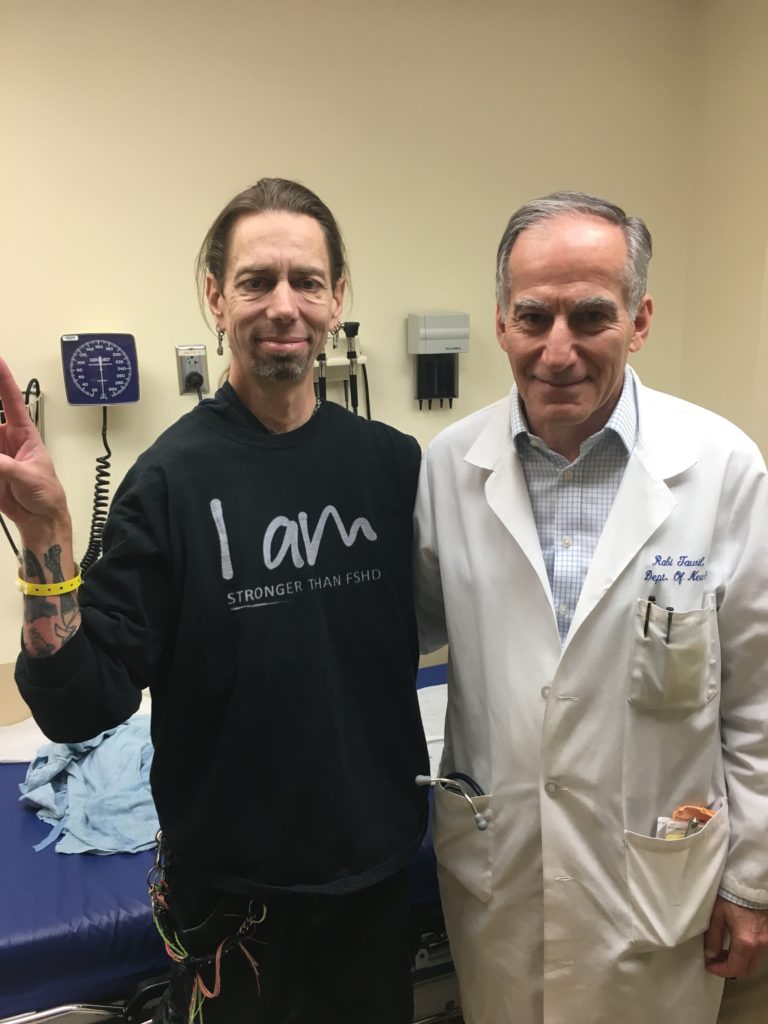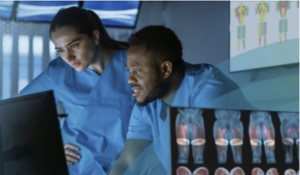
To crack the code of FSHD, patients are absolutely essential
All of the breakthroughs—the discovery of the genetic causes, understanding why some patients vary so greatly in the severity of their symptoms, teasing out the biochemical pathways that could point to future treatments—were made because patients stepped up to the plate.
Too often, we hear patients say they’ll volunteer when there’s a treatment. But we will never get to a treatment unless patients participate in fundamental research now. FSHD is uniquely human, so no laboratory mouse can ever fully model the disease. The genetic “package” that causes FSHD is found only in people. We owe an enormous debt to the patients who give DNA samples. Who submit to long interviews and exhausting physical tests. Allow a surgeon to cut out a small muscle sample. Who fight claustrophobia to lie in the narrow bore of an MRI machine.
Equally important are patients’ family members, both affected and unaffected, who provide the best experimental controls because of their shared genetic and environmental backgrounds. A parent or sibling who has very mild symptoms may hold the key to understanding the factors that protect against the full-blown development of FSHD symptoms in a more severely affected family member.
We are more hopeful today than ever before that a treatment is within sight. We cannot guarantee when that treatment will arrive, but here’s one thing we guarantee: If you volunteer for research, your participation will without question help move us a step closer to that day.
Scientific Overview of FSHD
Read the latest on wikipedia
Glossary of Scientific Terms
AMRA Medical cites FSHD Society’s support of its MRI study
Hats off to AMRA Medical and Avidity Biosciences for adding magnetic resonance imaging (MRI) to the landmark MOVE study. The FSHD Society helped to build and expand the clinical trial… Read More »
Record Year in Grant Funding
$2 million allocated for 15 projects by Jamshid Arjomand, PhD, FSHD Society Following a lull imposed by the global pandemic, the FSHD Society’s support for research grants has come back… Read More »
UCLA continues commitment to find treatments for FSHD with M.O.V.E. Study
This is a sponsored blog post by UCLA Health as part of its 2021 Los Angeles Walk & Roll Platinum Sponsorship Partnership. If you ask a patient or their family… Read More »
Sleep and pain, the hidden connection
In this presentation, Heloise Hoffmann shares her study focusing on understanding the relationship between FSHD, sleep, and pain. Sleep is essential, but it could be affected by FSHD. To… Read More »






